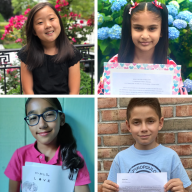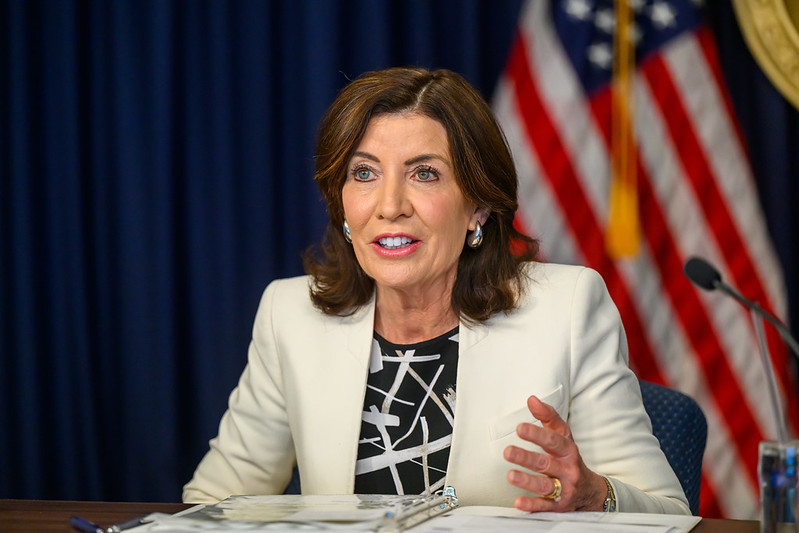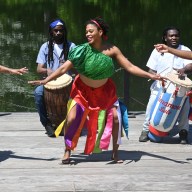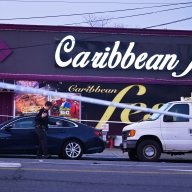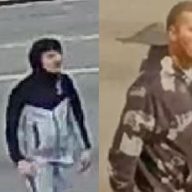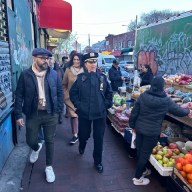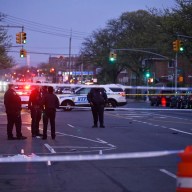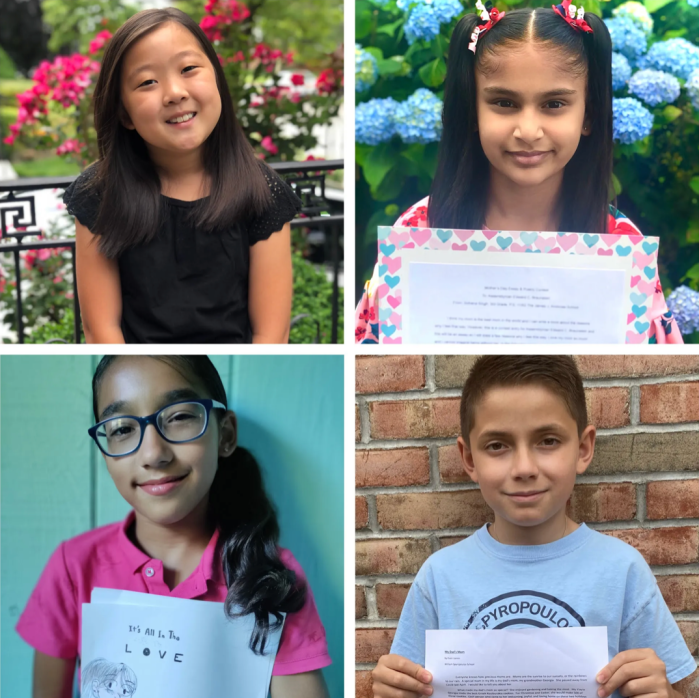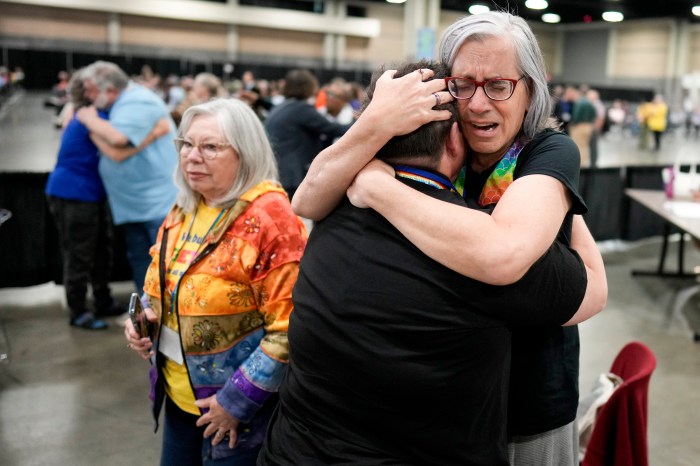By Everett Fell
The City University of New York Athletic Conference has appointed Zak Ivkovic to interim executive director. Ivkovic started in the CUNYAC in 1990 as the conference’s part-time sports information director and has climbed the administrative ladder ever since.
Ivkovic is only the third commissioner in CUNYAC’s 17-year history, succeeding his mentor, Ted Hurwitz, who retired after 12 years in the director’s chair.
“I learned everything there was to learn from Ted and his predecessor, Michael Steuerman,” Ivkovic said. “They both worked well with the institutions and were both pro-student athletes.”
CUNYAC is the only Division III conference with seperate divisions for two and four-year schools, consisting of 10 and five schools, respectively. Ivkovic has implemented most of the change that is evident today during his tenure as assistant and later associate director over the past 10 seasons.
Ivkovic was responsible for the media relations operations at all 23 CUNYAC schools, as seven championship events were added to the calendar.
Ivkovic’s rewarding work only motivates him more to lead the conference in the right direction.
“I’m not looking to rest,” Ivkovic said. “I’m always looking to improve the conference any way possible.”
Ivkovic ensures the CUNYAC is financially successful by making connections with corporate sponsors.
Recently, Ivkovic has helped CUNYAC receive NCAA grants totaling nearly $50,000, including being rewarded with a graduate assistant in the initial class of NCAA Women’s and Ethnic Minority Internship and various NCAA grants.
“You can have all the ideas in the world, but you can’t do anything without funds.”
Ivkovic served on numerous NCAA and ECAC committees and coordinates the Division III Women’s Metropolitan Basketball Writer’s Association All-Star team.
“What impresses me most about Zak is that he has a plan for the direction he wants the conference to go in,” said CCNY athletic director Robert Coleman, the current senior college president of CUNYAC.
“With hard work from the conference office I am certain his ideas will come to fruition,” he said. “I feel one of his strongest attributes will be in corporate fund-raising. He understands the importance of corporate sponsorships to the conference, and he seems determined to succeed in this area.”
A 1990 graduate of mass media at CUNY’s Hunter College, Ivkovic was born in Yugoslavia and emigrated to the Ridgewood section of Queens with his family at the age of 11. An All-Conference selection in soccer for four straight years, Ivkovic ranks atop the Hunter single season (9) and career (20) shutout marks as a goalkeeper. Since his collegiate playing days, Ivkovic has played amateur league soccer and still finds time to coach a youth soccer team in Ridgewood.
His soccer days at Hunter opened his eyes to the problems of the CUNYAC. Ivkovic learned what needed to be adjusted on and off the field of play.
“I saw a way to improve on any dissatisfaction,” Ivkovic said. “I want today’s student athlete to have it better than when I played.”
In addition to his duties at CUNYAC, the avid traveler and sports enthusiast has also worked for NBC Sports during the 2000 Sydney, the 1996 Atlanta (where he earned an Emmy Award) and the 1992 Barcelona Olympics. Most recently, he was seen on ESPN as a translator at the 2003 NBA Draft for the three Yugoslavian draft picks.
“My time at the Olympics was not just a great opportunity for me, but it also allowed me to bring back anything I could to help the conference grow,” Ivkovic said.
Ivkovic already has signed up to work in the 2004 games in Athens, Greece — another chance for him to discover what needs to be tweaked in the CUNYAC.
“We’re making strides every year,” Ivkovic said. “We’re not going to change the world in a day.”
Besides spending plenty of time promoting and expanding the conference, Ivkovic dedicates himself to familiarizing himself with today’s student athlete. Always a hands-on guy, Ivkovic travels the city en route to as many practices and games as possible.
“The only way to find out problems and solutions is by being visible,” Ivkovic said. “Being visible not just as a figure, but by reaching out to the students, as well.”







